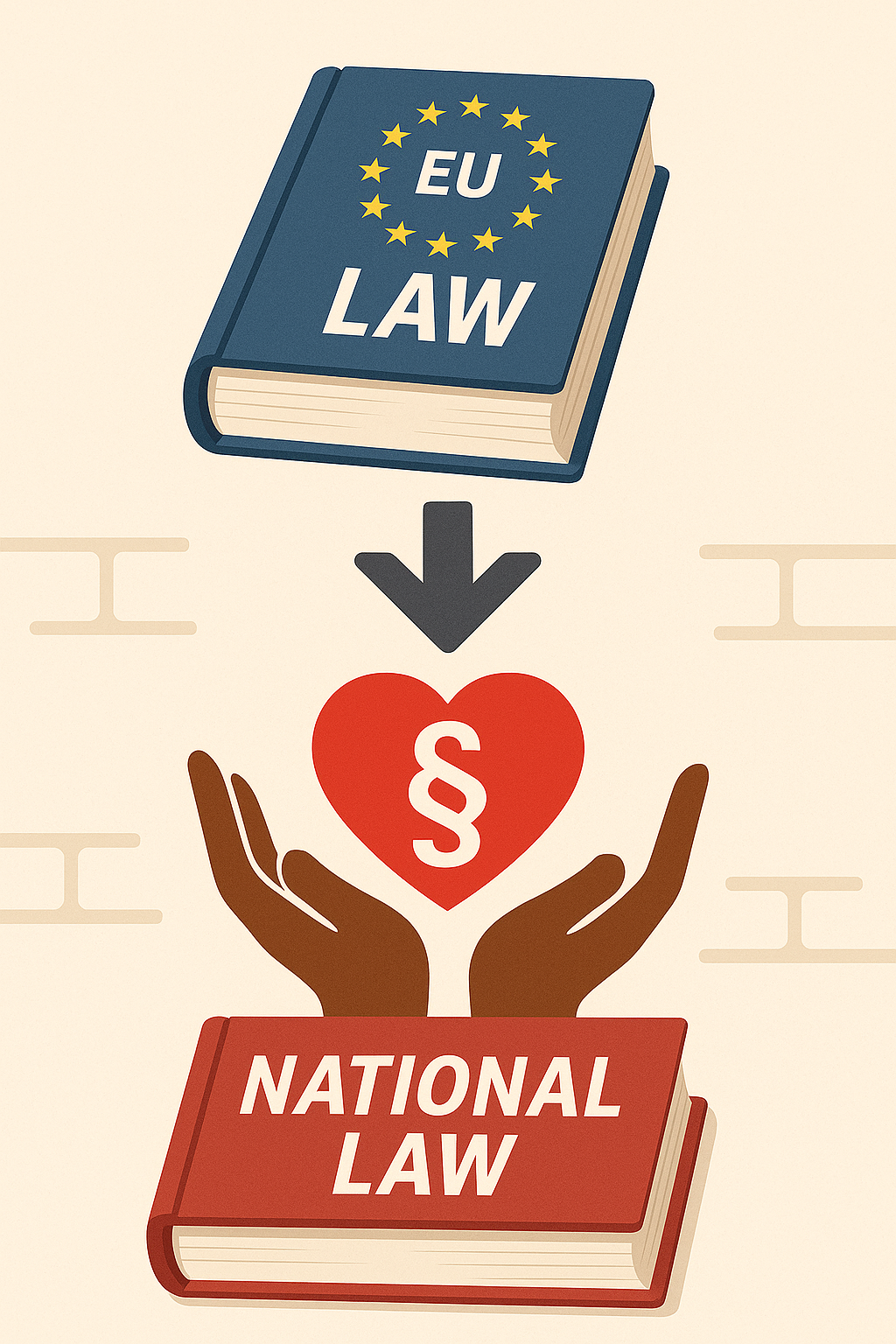ECJ case on tax advantages for non-profit service organisations (Part 2): Claw-back wave on the horizon?
A recent request for a preliminary ruling from the Federal Fiscal Court (BFH) to the European Court of Justice (ECJ) dated 22 May 2025 (V R 22/23) could have far-reaching consequences for non-profit organisations in Germany. We discussed the BFH's decision in our article dated 18 July 2025: Essentially, the proceedings center around the question of whether tax advantages for so-called non-profit service organisations are to be classified as state aid pursuant to Art. 107 (1) TFEU, which would then be unlawful in the absence of notification and approval by the European Commission.
Part 2 of the series on the BFH’s request for a preliminary ruling deals with the question of whether tax authorities would have to claw-back tax advantages granted if the ECJ classifies the provision in Sec. 57 (3) AO as unlawful state aid. The legal consequences must be considered from both a tax law and an EU state aid law perspective.
German tax law: No subsequent recovery of tax advantages in the event of withdrawal of charitable status
Pursuant to Sec. 60a (1) AO, compliance with the requirements for recognizing non-profit organisations under Sec. 51, 59, 60 and 61 AO is determined by separate assessment notice. One of those requirements is the so-called “immediate” or “direct” realisation of the non-profit purpose within the meaning of Sec. 57 AO. Sec. 60a (3) AO stipulates that a separate assessment becomes invalid as soon as the underlying statutory provisions are amended or repealed, without a decision by the tax authorities being required. Typical examples are changes to non-profit laws, such as an amendment to Sec. 52 AO or the model statutes for non-profit organisations.
If, on the other hand, there is a change in the circumstances relevant to the determination, the determination must be revoked with effect from the date of the change in circumstances in accordance with Sec. 60a (4) AO. In this respect, too, the withdrawal of the non-profit status therefore only has effect for the future (“ex nunc”), Accordingly, there are no adverse consequences for the past. Different rules apply only if the provision in the articles on the restriction on the use of the organisation’s assets is amended in such a way that it no longer meets the requirements of Sec. 55 (1) No. 4 AO (cf. Sec. 61 (3) AO).

However, EU state aid law takes precedence over German tax law
The legal consequences under EU state aid law differ significantly from those provided for in Sec. 61a AO: If a tax advantage constitutes state aid and is subsequently classified as unlawful, the situation that would have existed if the advantage had not been granted must, in principle, be restored. This means that Member States must amend the relevant tax assessment notices and claw-back the tax advantages granted. Member States must also skim off any interest advantages associated with the unlawful state aid.
EU state aid law takes precedence over national tax law provisions. Neither the binding authority of a tax assessment notice (Bestandskraft) nor the expiry of the period for assessment/foreclosure of assessment (Festsetzungsverjährung), a binding ruling (verbindliche Auskunft) issued by a tax office or the legal force of a national court decision (Rechtskraft) preclude recovery. In this context, legitimate expectations can only arise from assurances given by EU institutions, but not from actions or regulations of the Member State that acted contrary to EU law.
The recovery relates to the tax advantages that was directly obtained because of the provision that constitutes unlawful state aid. On the one hand, this may concern benefits resulting from exemptions from income taxes (corporate income tax – Körperschaftsteuer – and municipal trade tax – Gewerbesteuer –). On the other hand, this may apply to benefits resulting from reductions in value added tax. If Sec. 57 (3) AO is found to entail unlawful state aid, the tax authorities would probably have to recover the tax (and interest) advantages obtained based on the non-profit status, even though national provisions such as Sec. 60a (3) and (4) AO do not allow for such retroactive recovery.
In principle, the European Commission may demand repayment within ten years of the aid being granted. However, according to the case law of the ECJ, national courts may also order the repayment of unlawful state aid in the event of legal action brought by competitors, even if this period has expired.
Conclusion
When assessing claw-back claims against non-profit service organisations in the event of an unlawful state aid, German tax law and EU state aid law come into conflict – with EU state aid law ultimately prevailing. The primacy of EU law results in the risk of tax advantages being recovered with retroactive effect, even if German law does not provide for such option. Non-profit service organisations are therefore currently exposed to a considerable risk of recovery if the ECJ finds that Sec. 57 (3) AO entails unlawful state aid.
We would like to thank Dr. Kira Scholler for her valuable support in the preparation of this article.


